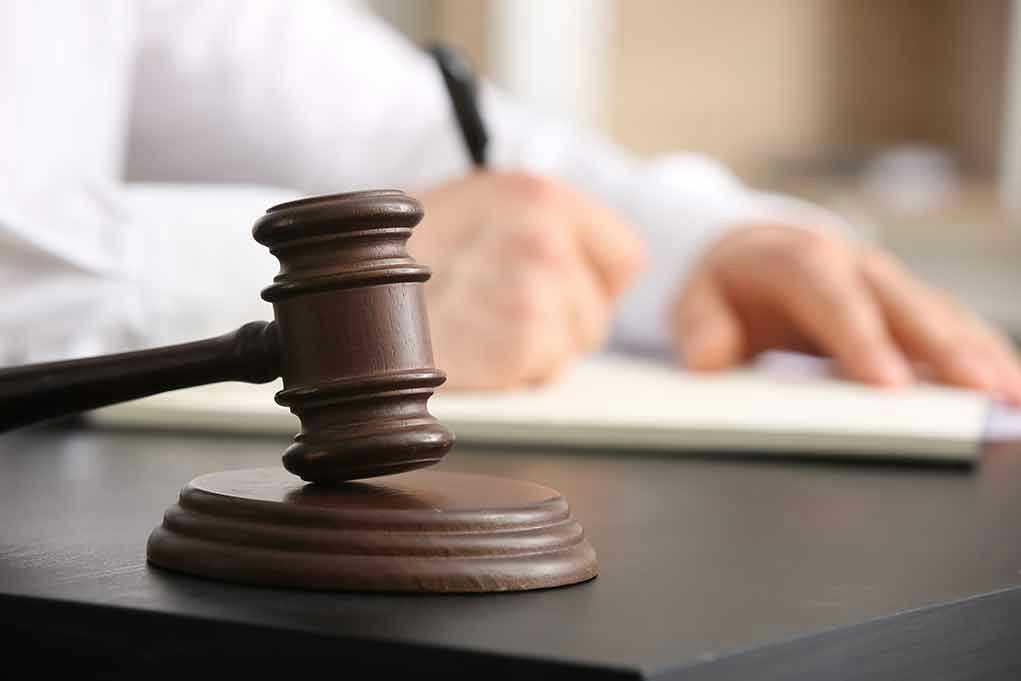
As Emil Bove, a former Trump lawyer, inches closer to a lifetime appointment on the U.S. Court of Appeals, the outcry from legal professionals and partisan tensions reach a fever pitch.
At a Glance
- Emil Bove’s nomination to the Third Circuit has sparked controversy and opposition.
- The Senate advanced his nomination despite significant Democratic opposition.
- Bove’s past actions and ties to Trump are under intense scrutiny.
- Legal experts warn of potential long-term impacts on judicial independence.
Bove’s Path to the Bench
Emil Bove, known for his role as a key member of Donald Trump’s legal team, has been nominated to the U.S. Court of Appeals for the Third Circuit. His career trajectory—from Assistant U.S. Attorney in New York to a prominent DOJ official—culminated in his nomination by President Trump in June 2025. Bove’s work defending Trump in high-profile cases has positioned him as a trusted ally, leading to his nomination despite significant public and legal community pushback.
Bove’s tenure at the DOJ was marked by controversial decisions, such as dismissing a corruption case against NYC Mayor Eric Adams and allegedly instructing DOJ lawyers to ignore a federal court order in a deportation case. These actions have fueled opposition claims that his judicial nomination is a reward for loyalty rather than merit.
Senate Moves Forward Amidst Divisions
The Senate, in a move reflecting deep partisan divisions, advanced Bove’s nomination. While Republicans largely supported him, Democrats and one Republican senator opposed, highlighting concerns over his qualifications and impartiality. This advancement, despite unified Democratic opposition, underscores the contentious nature of judicial appointments in today’s political climate.
The decision to move forward with Bove’s nomination has met with significant backlash from the legal community. Over 75 former judges and more than 900 former DOJ attorneys have publicly opposed his nomination, arguing that his record demonstrates a troubling blend of partisanship and controversial management practices.
Implications for Judicial Independence
If confirmed, Bove’s appointment could shift the ideological balance of the Third Circuit, influencing rulings on crucial issues across Delaware, New Jersey, and Pennsylvania. Critics argue that such appointments set a dangerous precedent, prioritizing political loyalty over traditional judicial qualifications. This could lead to increased polarization within the judiciary and erode public trust in its independence.
Legal scholars warn that Bove’s nomination exemplifies a broader trend of undermining judicial independence through politicized appointments. The outcome of this nomination process could have lasting impacts on the credibility and functioning of the U.S. courts, affecting how justice is perceived and administered in the future.
Broader Repercussions and Future Outlook
The nomination process has exposed deep divisions not only within the Senate but also among the public and legal professionals. The potential confirmation of Bove could intensify partisan battles over judicial appointments, further straining the already fragile perception of an impartial judiciary. Advocacy groups are likely to ramp up efforts to monitor and oppose future nominations they perceive as partisan.
The broader legal community faces increased pressure to address ethical standards and the politicization of judicial appointments. These developments highlight the ongoing struggle to maintain the separation of powers and uphold democratic norms in the face of intense political pressures.
Sources:
Alliance for Justice: Emil Bove Nominee Report
World Lawyers Forum: Emil Bove DOJ Changes
Alliance for Justice: Emil Bove Fact Sheet
















